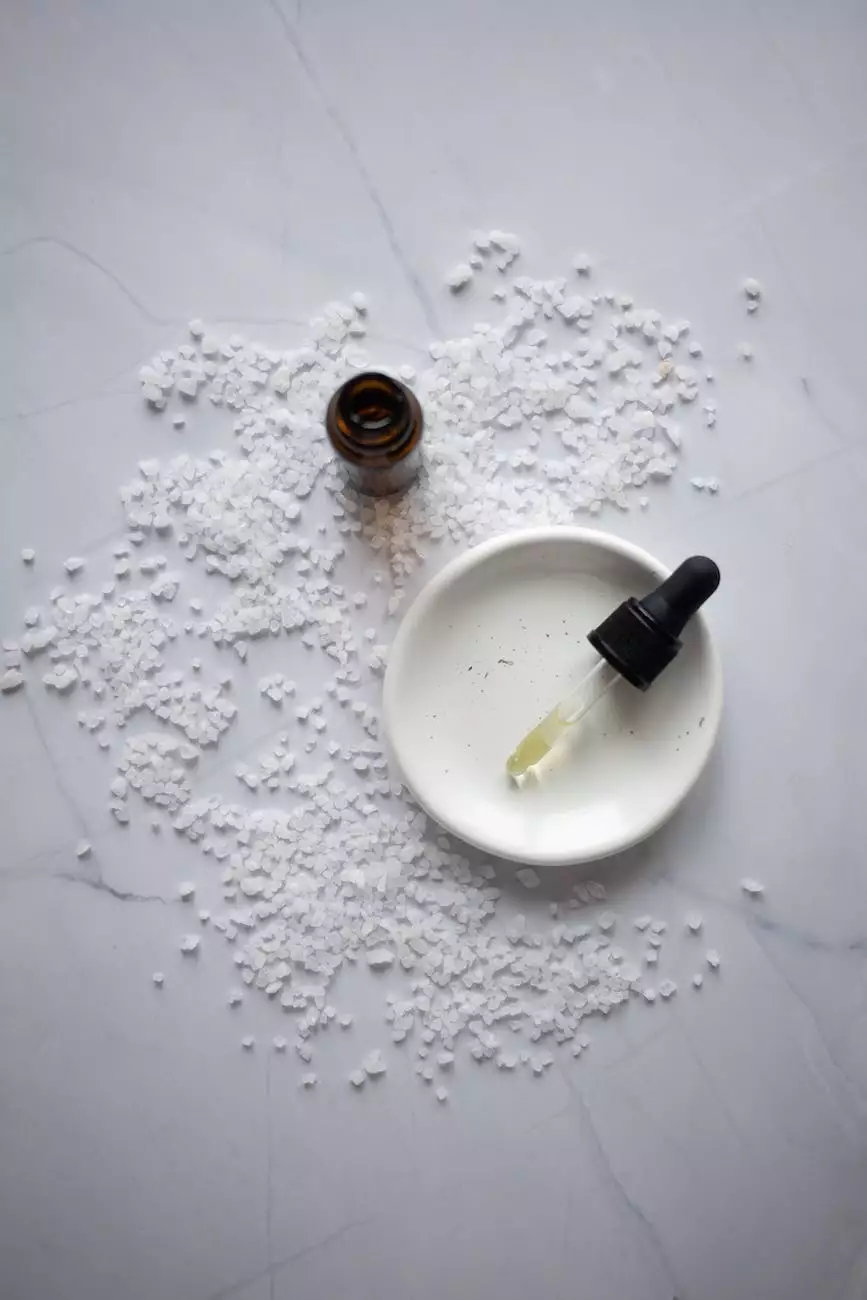Is Your Water Safe to Drink? | TrueNorth Health Center

Introduction
At TrueNorth Health Center, we understand the importance of clean and safe drinking water. Michael Finley, Certified Natural Health Professional (CNHP), is here to guide you through the process of assessing the safety of your water source and providing you with valuable insights to ensure you and your family's well-being.
The Importance of Clean Water
Water is an essential element for our bodies to function optimally. It plays a crucial role in maintaining hydration, regulating body temperature, aiding digestion, and supporting various bodily functions. However, the quality of the water we consume can significantly impact our health.
Understanding Water Contaminants
Water contaminants can stem from various sources such as industrial waste, agricultural runoff, or aging infrastructure. It is imperative to identify potential contaminants that may be present in your water supply to make informed decisions about its safety.
Potential Water Contaminants
Some common water contaminants include:
- Bacteria and viruses
- Heavy metals
- Chemicals and pesticides
- Chlorine and chloramine
- Pharmaceuticals
- Microplastics
Evaluating Water Quality
Assessing the quality of your water requires a systematic approach to guarantee accurate results. Michael Finley, CNHP, recommends the following steps:
1. Identify the Water Source
Start by identifying the source of your drinking water, such as public water supply, private well, or bottled water. Different sources may have different levels of regulation and potential contaminants.
2. Review Local Water Reports
Consult your local water municipality or supplier for water quality reports. These reports contain valuable information about the levels of contaminants found in your area's water supply.
3. Conduct Independent Testing
Consider conducting independent water testing to have a comprehensive understanding of your water's quality. This can involve testing for specific contaminants or employing a professional laboratory for a thorough analysis.
Ensuring Safe Drinking Water
Once you have assessed your water's quality, there are several measures you can take to ensure it is safe for consumption:
1. Water Filtration Systems
Investing in a reliable water filtration system is a proactive step towards removing potential contaminants. There are various types of filters available, including activated carbon filters, reverse osmosis systems, and UV purifiers.
2. Regular Maintenance
Regularly inspect and maintain your water filtration system to ensure its optimal performance. Follow manufacturer guidelines for filter replacement and conduct periodic checks to address any potential issues promptly.
3. Hydration Habits
Developing healthy hydration habits can further enhance your overall water consumption safety:
- Drink an adequate amount of water daily
- Use BPA-free water bottles
- Avoid plastic water containers exposed to heat
- Store water in a cool, dark place
4. Education and Awareness
Stay informed about emerging water quality issues and best practices. Michael Finley, CNHP, is dedicated to providing educational resources and insights to help you make informed decisions for you and your loved ones.
Conclusion
Your water's safety is paramount. By understanding potential contaminants, evaluating water quality, and implementing appropriate measures, you can enjoy clean and safe drinking water. Trust in Michael Finley, CNHP, and TrueNorth Health Center to guide you on your journey towards a healthier and well-hydrated life.










